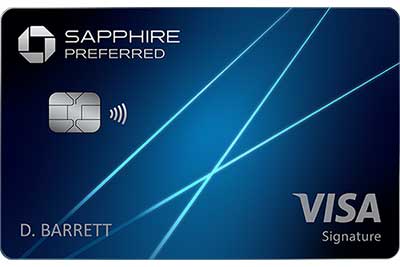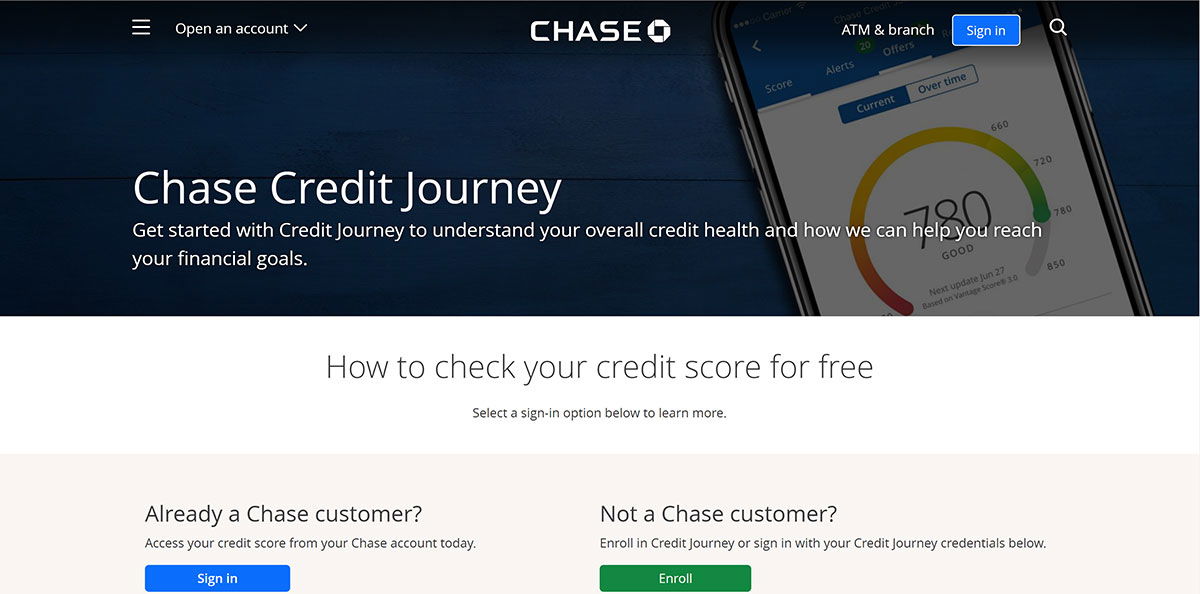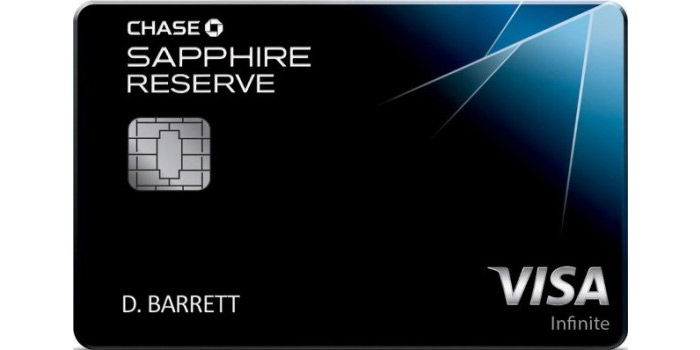The Chase Sapphire Preferred Card is a standout choice for those looking to earn travel rewards. Known for its accessibility to those new to credit rewards, this card requires a good to excellent credit score, with recommended scores starting in the 700s.
A thorough understanding of the application process and credit requirements is key for anyone considering this card, especially given its appealing sign-up bonus and rewards structure.
Credit Score Requirements for the Chase Sapphire Preferred
For the Chase Sapphire Preferred, the typical successful applicant has a credit score of around 740, although the recommended minimum score starts in the 700s. However, Chase doesn’t solely base its approval on credit score; it also considers factors such as your total credit history, your relationship with the bank, and your current income. A solid credit profile and a history of financial responsibility significantly enhance your chances of being approved.

Additional Factors for Chase Sapphire Preferred Approval
While your credit score is probably the most important factor, it’s not the only factor Chase considers when reviewing your application. To maximize your chances of approval, you should also be aware of these additional factors:
- Income: A stable and sufficient income is necessary, as it demonstrates your ability to repay your credit card balance.
- Debt: Your existing debt load, particularly in relation to your income, can impact your chances of approval. A high debt-to-income ratio might raise concerns about your ability to manage additional credit.
- Negative items on your credit report: Chase will look for any derogatory marks on your credit report, such as late payments, collections, or bankruptcies. These items can harm your approval chances.
How to Increase Your Chances of Getting Approved for the Chase Sapphire Preferred Card
To improve your odds of getting approved for the Chase Sapphire Preferred Card, follow these tips:
- Know your credit score: Before applying, ensure you’re aware of your credit score and the contents of your credit reports. Aim for a credit score in the mid-700s or higher to increase your chances of approval.
- Maintain a strong credit history: Credit card issuers prefer applicants with a solid history of responsible credit use. Keep your accounts in good standing and demonstrate a pattern of on-time payments.
- Keep credit utilization low: Using a significant portion of your available credit can signal potential financial strain. Aim to keep your credit utilization below 30% of your credit limit across all revolving accounts.
- Limit recent credit inquiries: Applying for multiple credit accounts within a short period can be a red flag. Space out your credit applications to minimize the impact on your credit score.
Alternative Credit Cards for Lower Credit Scores
If your credit score doesn’t currently meet the requirements for the Chase Sapphire Preferred, don’t worry. There are other great options that might fit your situation better:
- Chase Freedom Unlimited: This card is ideal for those with slightly lower credit scores, offering cashback rewards without an annual fee.
- Secured Credit Cards: If you’re rebuilding or just starting your credit journey, secured cards can help you establish a strong credit profile while still providing some benefits.
These cards can serve as stepping stones toward qualifying for premium travel rewards cards like the Chase Sapphire Preferred in the future.
Take Steps to Improve Your Credit
If your credit score needs improvement before applying for the Chase Sapphire Preferred Card, seeking professional credit repair services could be a helpful option. Services like Credit Saint specialize in addressing issues like late payments, collections, and charge-offs that may be lowering your score.
If you’re struggling to qualify for new credit, you can visit their website to explore their offerings and even fill out a form for a free credit consultation.
How many credit card accounts can I have open?
When applying for credit cards, particularly with Chase, it’s important to be mindful of the 5/24 rule. If you’ve opened five or more personal credit card accounts with any banks within the past 24 months, you’re likely to be automatically disqualified for the Chase Sapphire Preferred.
Managing the frequency of your credit applications is key to adhering to this rule, but also for maintaining a healthy credit score. Frequent new accounts can pose risks to lenders and might temporarily lower your credit score by triggering hard inquiries and reducing the average age of your accounts.
What to Do if You Get Rejected
If you face rejection after applying for the Chase Sapphire Preferred card, the first step is to clearly understand why. Chase, like all issuers, must provide a reason for any credit application denial. This information is key to addressing any weak points in your financial or credit profile. Following the rejection, it is advisable to contact Chase’s reconsideration line.
This allows you to discuss your application with a representative and review your credit history, income, and overall financial standing. During this conversation, it’s beneficial to explain any circumstances that may have led to the initial denial and any recent improvements in your financial situation. Demonstrating persistence and a thorough understanding of your credit situation can sometimes reverse a decision, leading to an approval.
Bottom Line
The Chase Sapphire Preferred is an excellent starter card for those looking to earn travel rewards with a reasonable annual fee and accessible credit requirements. To improve your chances of approval, you need to understand the importance of your credit score, the 5/24 rule, and how to manage your financial profile effectively.
Remember, maintaining a strong credit history, managing your debt-to-income ratio, and spacing out credit applications are key strategies. If your application is not initially successful, seek clarification and possibly reconsideration. Being proactive and informed can make a significant difference in achieving your credit goals.



